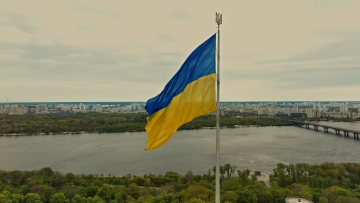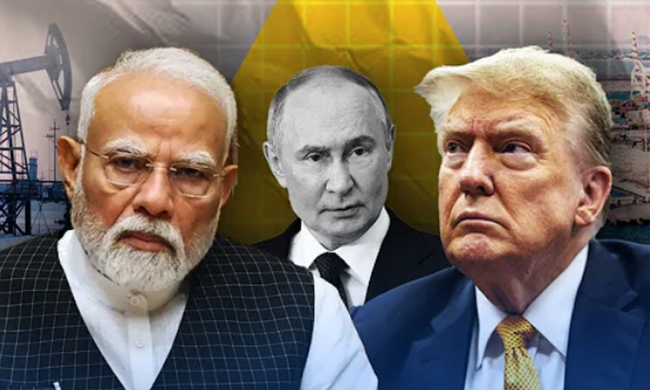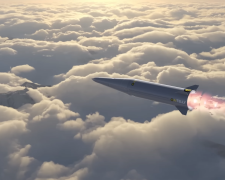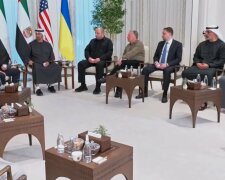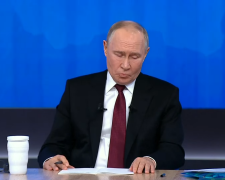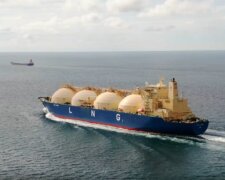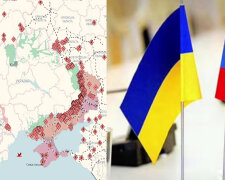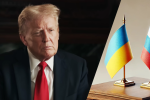The Telegraph has revealed five core demands set by Ukraine as conditions for any potential peace agreement to end the war with Russia.
At the heart of Ukraine’s position is a firm rejection of any formal international recognition of Russian control over Crimea or other occupied territories.
The first and second demands emphasize that any peace deal must be framed as one “based on international law, not capitulation.” They also include a specific warning regarding potential implications for China’s ambitions toward Taiwan, suggesting that yielding now would set a dangerous precedent.
Ukraine also insists on strong, concrete security guarantees as part of any agreement, especially if it involves even temporary territorial concessions to Russia.
The third demand stresses that Ukraine must be at the center of the peace process — not sidelined or treated as a secondary party in negotiations affecting its own sovereignty and future.
The fourth point serves as a warning to both the U.S. and NATO, asserting that allowing Russia to retain control over Crimea would enable it to pose a broader threat — not only to Ukraine, but to other NATO allies such as Turkey, Romania, and Bulgaria.
The fifth and final demand clearly states that Russia must not be allowed to use any agreement to limit the size or capability of Ukraine’s armed forces or its defense-industrial base.
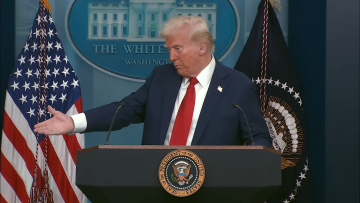
Trump’s Proposal for a “Final Settlement” of the War
Earlier, former U.S. President Donald Trump reportedly presented a “final proposal” for resolving the conflict between Russia and Ukraine. According to Axios, the plan includes freezing the current front line and offering Ukraine certain security guarantees.
Under this proposal, Russia could receive:
-
De jure U.S. recognition of its control over Crimea;
-
De facto acceptance of Russian occupation of parts of Luhansk, Donetsk, Kherson, and Zaporizhzhia regions;
-
A promise that Ukraine will not join NATO (though EU membership would still be possible);
-
Lifting of sanctions imposed on Russia since 2014;
-
Expansion of economic cooperation with the U.S., particularly in energy and industry.
In return, Ukraine would be offered:
-
A “reliable security guarantee” supported by a coalition of European countries and potentially like-minded nations outside Europe. The proposal is vague on the details of this peacekeeping mission and does not mention direct U.S. involvement;
-
Restoration of a small portion of the Kharkiv region currently under Russian occupation;
-
Unhindered navigation along the Dnipro River, which runs along the southern front line;
-
Compensation and aid for reconstruction — although the document does not specify the funding source.
Latest news:
Let's remember Politeka wrote, Peace Deal to End the War in Ukraine: Trump Promised Great Prospects.
Politeka also informed, USA-China trade war: Xi Jinping appeals to ‘Asian family’.
In addition, Politeka informed, There May Be a Collusion Between Russia and the US – Expert on Changes in American Politics.
